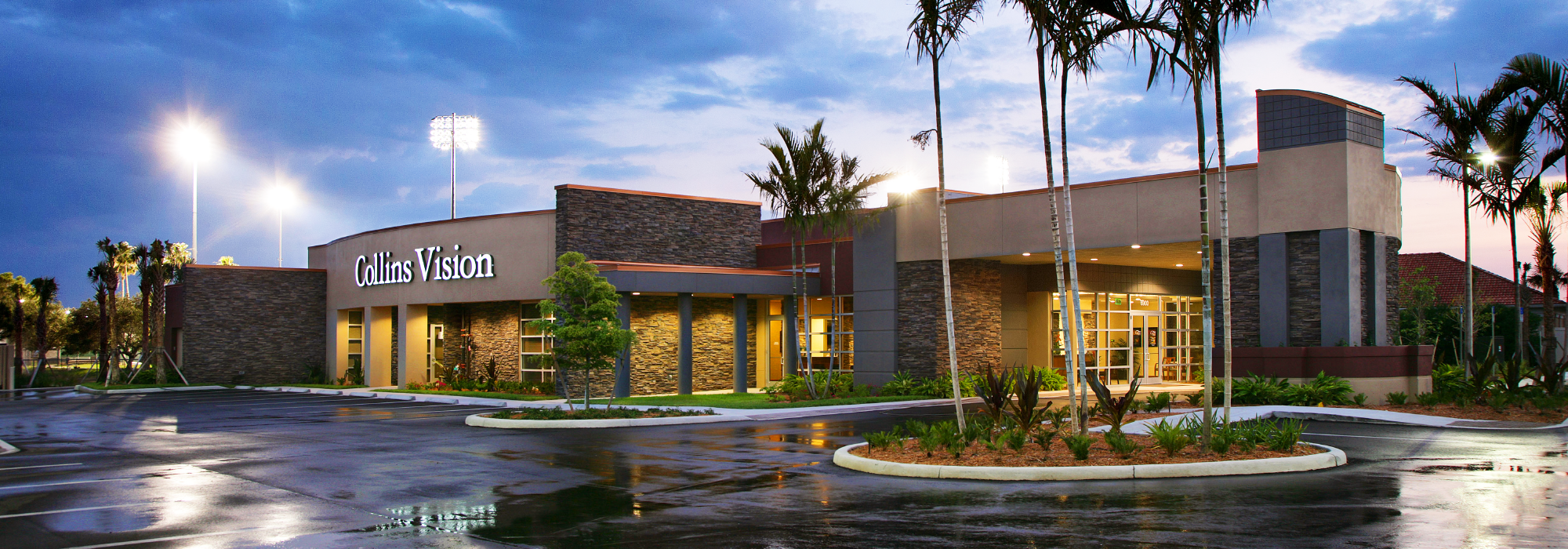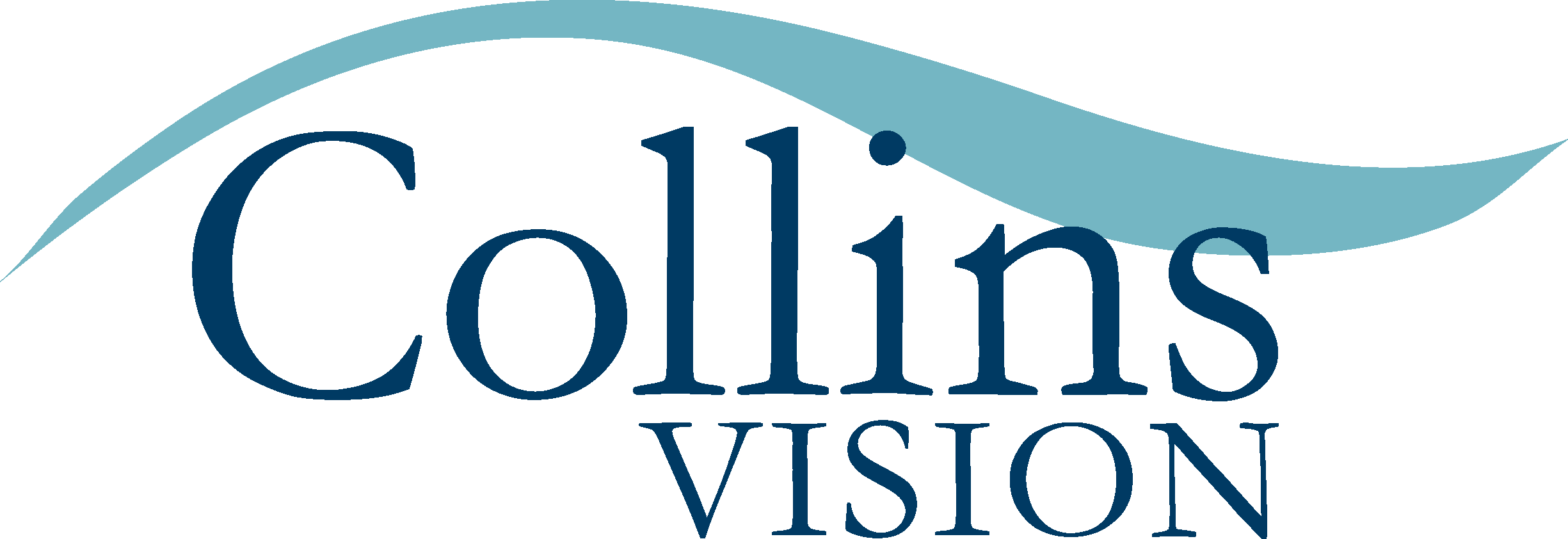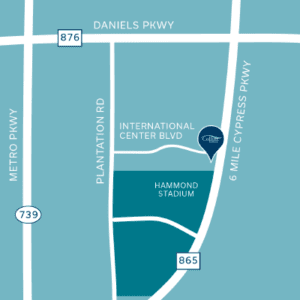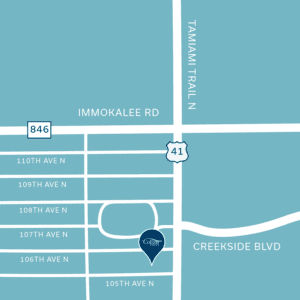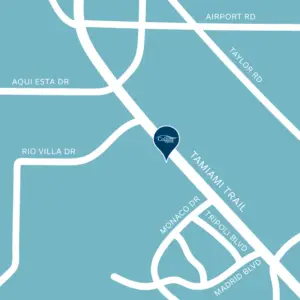CATARACT SURGERY
cataract consultation process
At Collins Vision, we do things a little differently, and it’s all about you! It’s important to us that you feel educated about your options and prepared for your appointments. For this reason, we schedule two separate appointments to make sure every little detail is covered.
PRE-COUNSELING AND DIAGNOSTICS APPOINTMENT
Before your first appointment with us, please be sure to fill out our Lifestyle Questionnaire and jot down any questions that you have in mind! Plan to be with us for about an hour, but you will not be dilated.
Go over all things cataracts and cataract surgery as well as answer any questions you may have.
Discuss your current lifestyle and activities as well as your post-surgery vision goals.
Your technician will perform any diagnostic tests that Dr. Collins or Dr. Friedrichs will want to see during your consultation with them.
CONSULTATION WITH YOUR SURGEON
The second appointment is when you will get to meet one-on-one with your surgeon to go over your options. It will last about 2 hours and you will be dilated, so please be sure to bring someone who can drive you home afterward.
One of our surgeons will personally examine your eyes, review the test results, discuss your personal goals for your vision and present their top treatment recommendation.
A Surgical Counselor will recap your visit and discuss your insurance benefits, any out-of-pocket pricing, payments due and answer any final questions you may have.
Your technician will perform any diagnostic tests that Dr. Collins or Dr. Friedrichs will want to see during your consultation with them.
Watch the video below where Dr. Collins offers an in-depth explanation of the consultation process and important things to consider before coming to see us!
CATARACT SURGERY FAQs
Cataract surgery should be performed when vision loss interferes with your everyday activities such as driving, reading or watching TV.
Patients can expect their vision to be blurry the day after surgery as the eye is still dilated. Typically, you will experience your best vision two to four weeks after cataract surgery. Patients undergoing combined cataract and glaucoma surgery typically need longer healing time before gaining their maximum vision. For patients receiving multifocal or accommodating lens implants, their near vision may not be as clear as they desire initially, but will continue improving for months after surgery.
While the results of cataract surgery are permanent in that the cataract itself cannot come back, som epatients do experience a clouding of the capsule surrounding the lens a few months or even years later. If this occurs, an outpatient laser procedure called a YAG laser capsulotomy will be used to quickly and painlessly restore your clear vision.
Months or even years after cataract surgery, you may experience cloudy, blurry vision and/or glare and halos around lights at night, symptoms similar to when you had a cataract. During your cataract operation, the natural lens inside your eye was removed and an intraocular lens was placed inside of the lens membrane (also called a bag or a capsule). In about fifty percent of post-surgical cataract patients, the capsule will become hazy sometime after surgery. This interferes with light reaching the back of the eye, causing the need for Dr. Collins or Dr. Friedrichs to perform a YAG Laser Capsulotomy which will help to restore clear vision.
Your procedure will take place at St. Mark’s Surgical Center in Fort Myers or Doctors Outpatient Surgery Center in Naples. Although the procedure only takes but a minute, you can still expect to be at the surgery center for an hour to an hour and a half total. This is due, in part, to making sure your eye is fully dilated prior to seeing either Dr. Collins or Dr. Friedrichs.
Once dilated, you will then be instructed to sit in front of a machine similar to what we use when examining your eyes in our office. Dr. Collins or Dr. Friedrichs will look through the microscope to focus on the capsule clearly before applying the laser. The laser passes through the clear tissue of the front of the eye, through the IOL, and makes a small opening in the posterior capsule so that light can once again focus clearly on the retina.
To learn more about YAG Laser Capsulotomy, click here.
